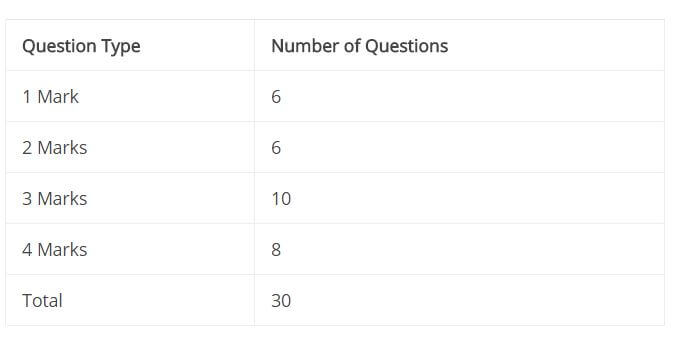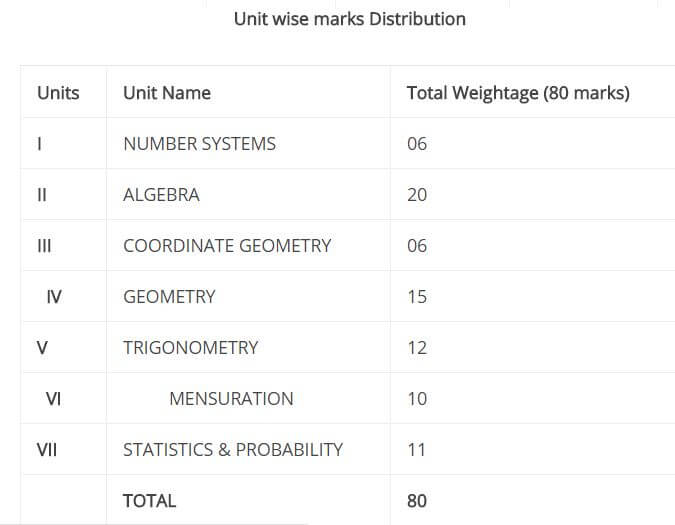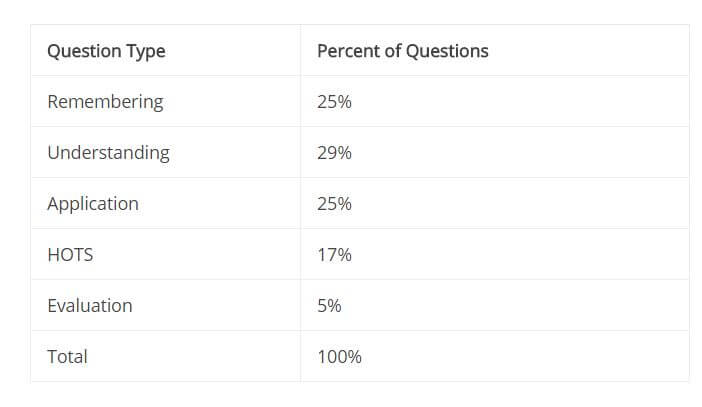How to Prepare for Board Exams?
In my previous post of this series, Our IB Tutors discussed the advantages of CBSE board exams. Now I am suggesting a few tricks about How to Prepare for board exams.
There is a lot of post on the internet that suggests you how to eat, how to sleep and how to manage your stress during board exam but in this post, I shall only discuss the academic tips about How to Prepare for board exams. I am taking class 10 Mathematics as a base subject here but you can apply more or less same tricks on almost all your subjects.
When students see this list they usually think that Algebra has maximum weight so they should give more attention to this segments or they are more fascinated about Trigonometry and they provide the maximum proportion of their time to this chapter. But they miss the point that there are four chapters in Algebra (Polynomials, Linear Equations in 2 variables, A.P, Quadratic Equations) and two chapters in Trigonometry (Introduction to Trigonometry, Applications of Trigonometry) so we can see that as an average one chapter get only 5-6 marks weight. There are two chapters which we generally ignore (Statistics, Probability). Probability is such a small chapter that you can consider it an exercise, given in chapter Statistics. These are very easy chapters and have a handsome weight of 11 marks. I advise you to give proportionate time to them. I don’t mean that we should not learn or do hard work in difficult/challenging chapters. I only suggest that we should also focus on easy chapters like-Statistics, Probability, Circles, and Constructions.
Marks-wise Distribution of Question Paper-
Just by looking at this image, you can understand that no student can do well without solving 3-marks and 4-marks questions. In my groups, I see that there are a few students who are not that good in Mathematics, skips difficult questions. They should understand those difficult questions are actually the possible 3-4 markers in the exams. If they continue skipping them, their exam will be based on 1-2 marks questions that have very low weight (only 18 marks)
You can see 54% of the question paper is based on understanding and remembering. These parts can be easily covered so we can say that the difficulty level of question paper is moderate. Application-based questions cover 24%(19 marks) of the question paper. These are usually 3-4 marks questions given at the end of each exercise. Your only challenge is to tackle HOTS questions that cover only 17% of question paper (14 marks)
Books You Need to Learn-
(i) NCERT- It’s your base book. You should read and solve all questions of NCERT including the examples. While solving the examples you should never look at the solutions given there. It’s better, you write all example questions on a separate paper and then solve them. You should questions previously asked in exams/tests and solve them again and again. While solving them you should note what mistakes you are making. Don’t get bothered by your mistakes, It’s quite natural for a class 10th/12th students to do mistakes but you should avoid making similar mistakes again.
(ii) Guidelines for Mathematics/Science Laboratory in Schools- This book is designed to help you with your practice exams. this will help you to improve the grade in your internal exams which have 20 marks weight
(iii) NCERT EXEMPLAR- Every student must complete NCERT EXEMPLARY book questions. This will take your preparation to the next level. Questions given in this book are usually more difficult than NCERT questions. This process helps students in solving application based problems and HOTS. Some students first completely solve NCERT then they start EXEMPLARY but I suggest that should complete a chapter from NCERT and do the same chapter from EXEMPLARY. You should do the same for all the chapters
Consistency- Fortis hospital mental health department conducted a survey with 4100 students aspiring for board exams. This shows that majority of the students are not consistent with their plan/timetable of study. Irregularity leads to incomplete preparation, that results in mental stress. Ultimately students are not able to perform in board exams. Studying 3-4 hours per day consistently is far better than studying for 8-10 hours for one or two days during exams.
Strong Conceptual knowledge- Students must solve MCQ questions. This will work as a tonic to make their concepts strong. You will be able to understand the question in less time.
Time Management-
You should make your time management strategy before entering the examination hall and follow it strictly during exams. Every section should be given time according to its marks weight. If you give extra time to one section, this will cost you with less time for other sections resulting in silly mistakes. To make your time management strong, you should solve 4-5 mock tests in 3 hours fix time
Order Of Question Paper- Students are very much confused if they should start their paper with 1 mark or 4 mark questions. This strategy differs from student to student. So there is no standard answer to this question. You can adopt an order of your comfort but you should remember one thing that you will never change your strategy during exams. If you have practiced solving one mark questions first, do the same in exams.
Preparation, revision, presentation and time management. These are the key factors in How to prepare for board exams.
Finally, I shall advise you to be positive, patient and confident. Believe in yourself and your hard work. You will ROCK!!!



Nice and very informative
Hope this can release a bit of stress
I also hope so